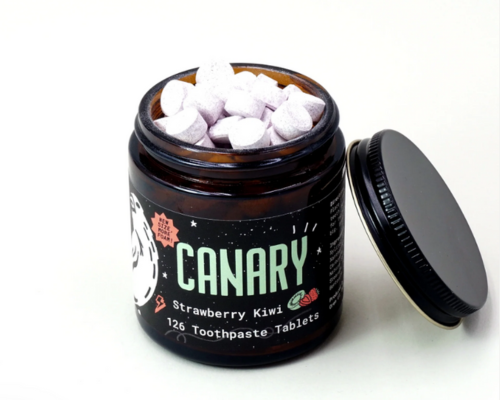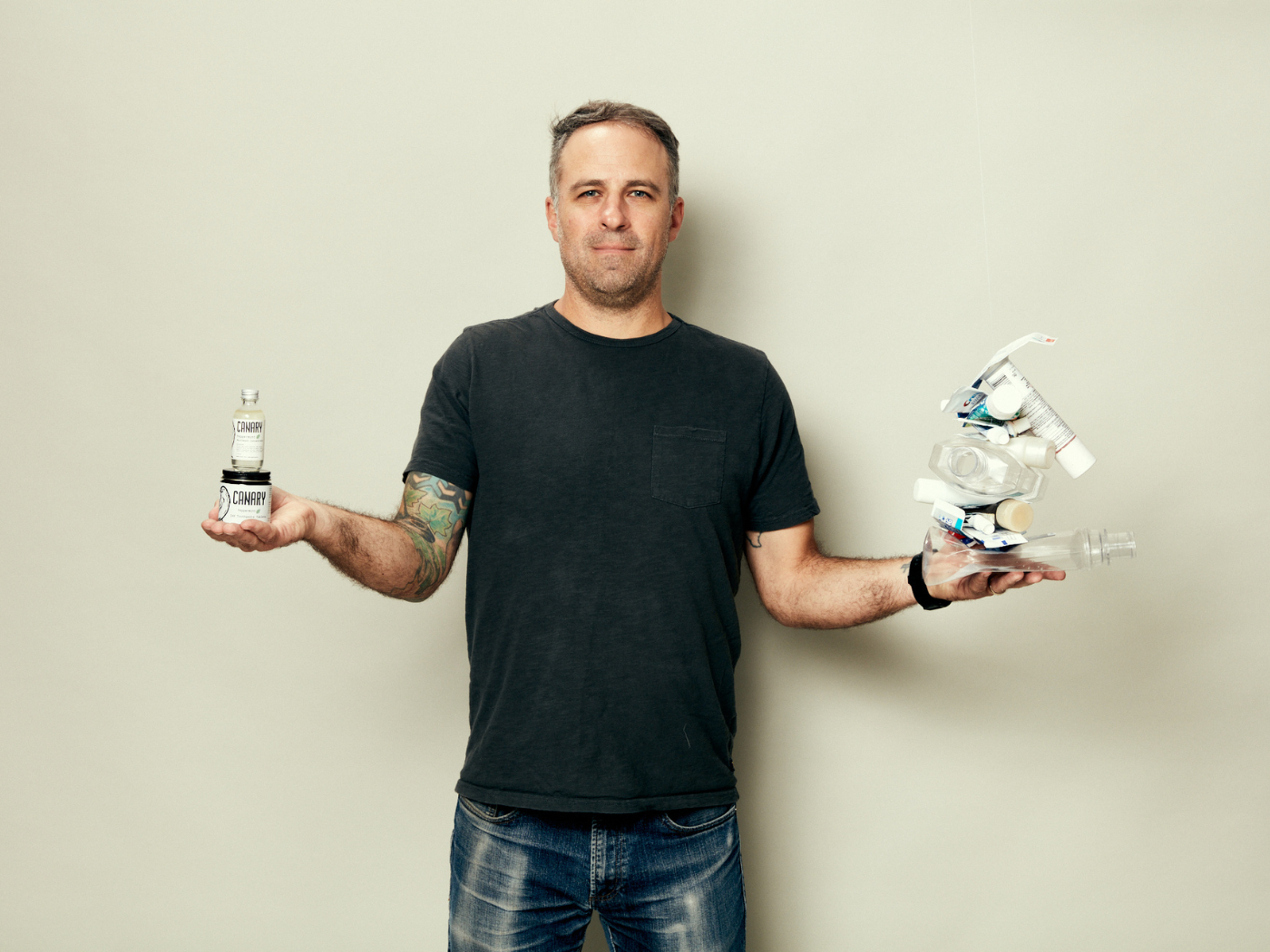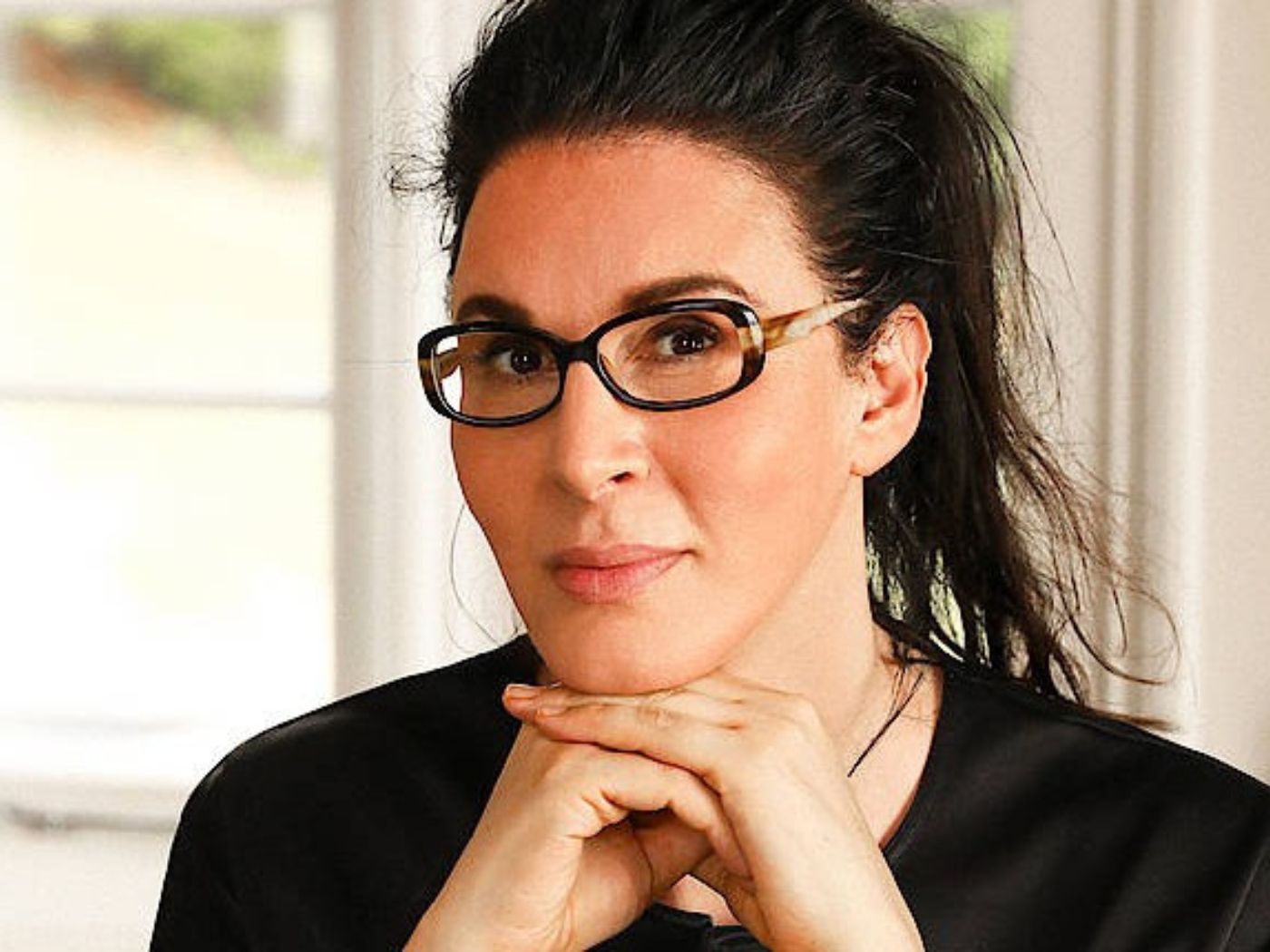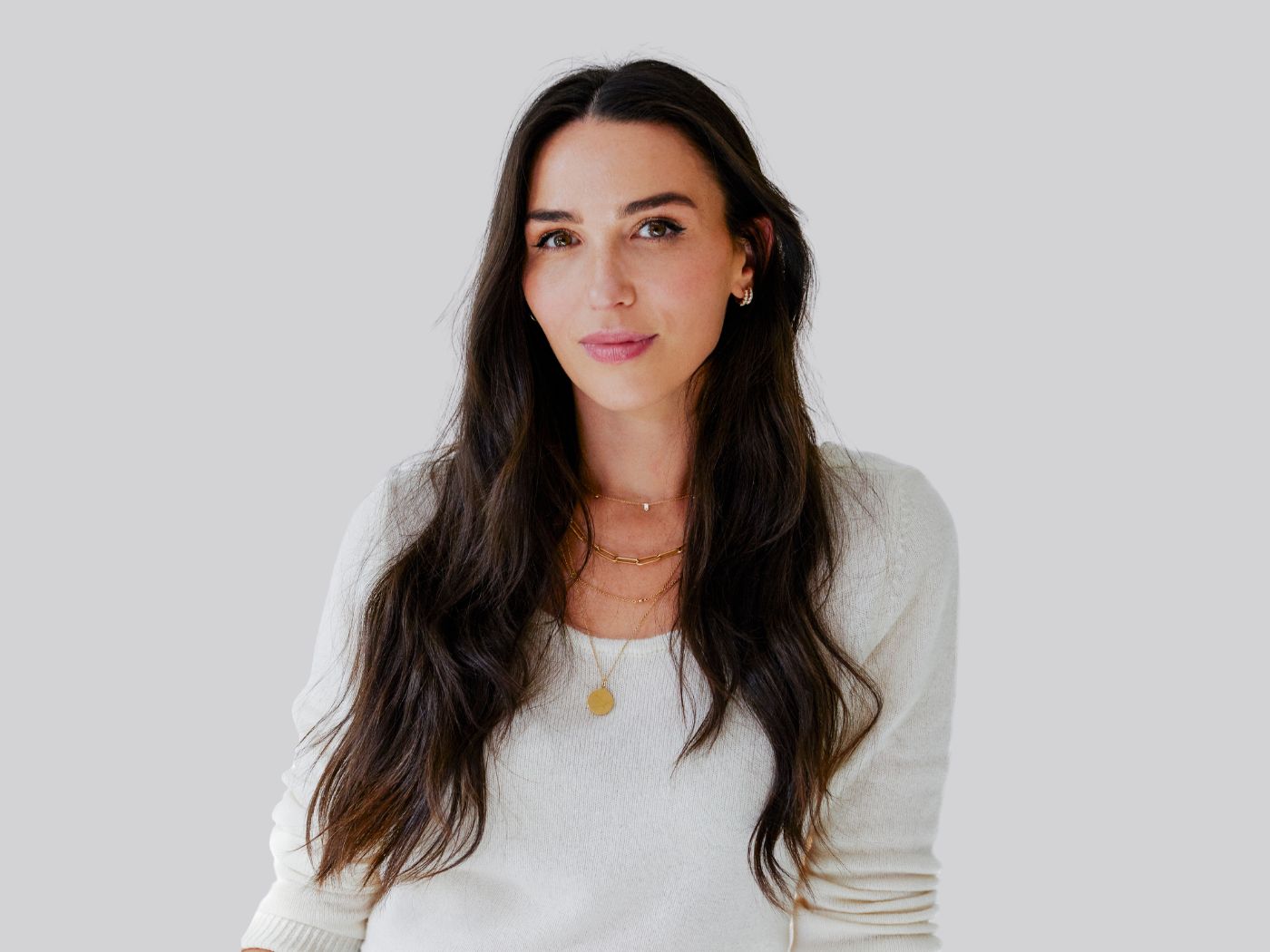In 2022, Luke Wilson and a few of his friends were spit balling names for a clean beauty and personal care line he wanted to create using zero-plastic packaging. Eventually, someone threw out the phrase “canary in a coal mine” — an idiom used to describe an early indication of danger typically related to health or welfare.
“The name stuck,” said Wilson, who grew up in suburb about 25 miles west of Fort, Worth Texas and was known as the small-town hippie kid who sold goat’s milk at the farmer’s market. Wilson was raised to be aware of how much waste people created, and what that meant for the environment and climate change. “I’d always wanted to do something about it.”
In January 2023 Canary Clean Co., based in San Diego, California, created Toothpaste Tablets, tiny nuggets of toothpaste that retail for $8 and are available in four flavors (instructions are simple: crunch, brush, rinse) and packaged in glass jars. A mouthwash concentrate and a powdered face mask followed. Those early launches set the tone for what was to follow: a compact, upbeat line of products predicated on zero-waste packaging, non-toxic ingredients, and refillable delivery systems.

But for Wilson, Canary was also a way to pay tribute to his late mother, and to implement the lessons he learned as child while growing up on his family’s farm in Weatherford, Texas. In between collecting eggs, milking goats, and running a rabbitry that drew in breeders from around the country, Wilson learned from his mother the value of recycling.
“We’d collect all the recyclables in large barrels and drive them to the recycling center once a month,” said Wilson. “We had huge compost and manure bins where our food scraps and compostables would go.” This was in the Eighties.
Limiting waste was just one component of sustainability instilled in Wilson as he grew up; his mother had once owned a vegan restaurant in Colorado, and was “kind of a hippie, always socially and environmentally conscious.
“Making a difference was top of mind in everything she did,” Wilson said.
Later, when he was a business major at the University of North Texas in Denton, his mother opened a health food store, Abundant Health Naturally, and he would often consult her on how to run the business better.
“It was a cute store with a good following in a small town,” Wilson recalled. “It never got big. But she ran it well. She was really into customer service and people loved talking to her.”
He went on to get his MBA from San Francisco State University in Sustainable Business in 2010, a time when programs like this were beginning to emerge.
“Now a lot of universities are incorporating sustainability into their business programs,” he said. “I did my thesis on the environmental impact of textiles and pitched to Walmart an idea for an eco-friendly menswear line. But I never brought it to life.”
Wilson started his career at The Gap/Old Navy in San Francisco, where he worked in merchandise buying, demand planning, and sales forecasting before moving to San Diego to work for watch brand Nixon in production and management. He always had a nagging sense he wasn’t doing enough to implement all he had learned on the sustainability front. That’s when he reconnected with a childhood friend who was now living in Utah making toothpaste tablets for personal care brands. In January the two launched Canary Clean Co.
In doing so, Wilson wanted to challenge the aesthetic and positioning of similar brands, which Wilson said are often “boring, expensive, and take themselves too seriously.” As a child, in between performing his farm chores, he became an avid skateboarder (he built a ramp on one of the farm’s pastures) as a way for him to counter feeling like an outcast.
Some of that renegade spirit from Wilson’s childhood informs and drives Canary’s punchy packaging and tag lines today, such as “Provoke the purge of plastics.” Visuals on the brand’s website and social channels explain how the products work.
“We’re trying to show [how we are comparable] and focus on the pros and cons of one product over another,” he said. “We want to prove we have a lighter footprint and that eco-friendly products can work just as well.”
Wilson leveraged his partner’s connections with ingredient suppliers to access raw materials; much of Canary’s product formulations have been done in-house.
“For those outside of our scope of expertise, we’ve been able to successfully find good partners to work with us,” he said. The upwards trajectory of the clean beauty trend has facilitated alliances for Canary.
“Consumers are demanding better ingredients and products and more transparency,” he said. “The generally high demand in the marketplace creates opportunities for conversation and partnerships.”
Wilson has modestly expanded his self-financed brand, recently adding a Concentrated Foaming Hand Soap — a soap bar that’s cut up into 12 slices and popped into an accompanying glass bottle that’s topped off with water. The $15 kit yields 12 bottles of soap. There are also $7 bar soaps in fragrances such as Lumbersexual (fir needle, clove, poppy seeds, spirulina powder) that arrive in biodegradable paper packaging. He wants to keep prices accessible to encourage people to make the switch from conventional products that come in wasteful plastic tubes and bottles. Customer education, he said, is key, especially when it comes to toothpaste.
“Most people are used to the sensation of brushing with regular toothpaste. The first time you put a toothpaste tablet in your mouth, it’s a little challenging and weird. But once you get used to it, it’s hard to go back.”
Through digital ads, the brand — which generates under $1 million a year — is growing at a pace of 25% to 40% a month. The $15 powdered face masks — Bentonite Clay and Rose and Rhassoul Clay and Rose — are consistent best-sellers. Canary is sold through its own e-commerce site and Amazon, as well as 30 specialty boutiques and health food stores around the country.
“If we look at our key metrics, our conversions are strong, our return customers are strong,” he said. As Wilson continues to scale Canary, he holds on to the lessons his mother taught him.
“She would have been proud of what I’m building, and our mission. If her store was here today, she would have been our first retailer.”




